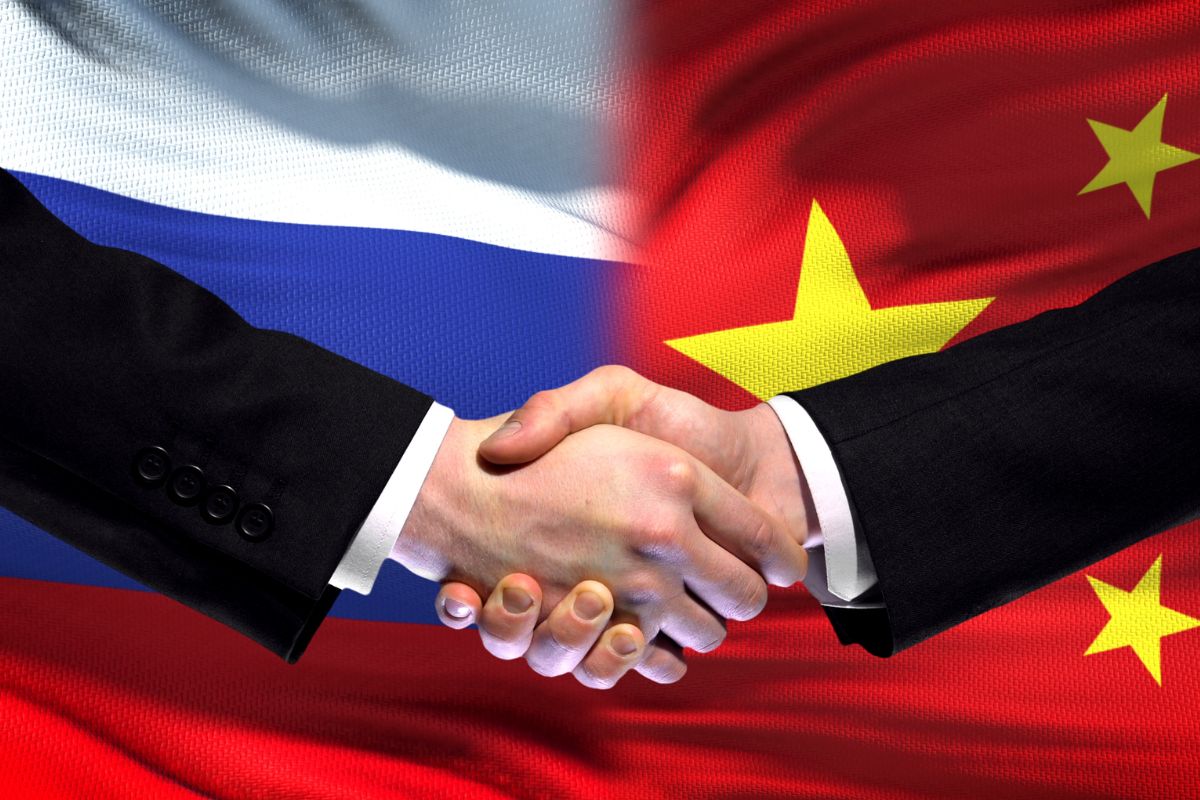


China-Russia, In today’s discussions about world politics, many people are talking about China and Russia news is getting closer. This is important because China is becoming more confident in standing up to the United States, which it feels is trying to limit its power around the world. Wang Yi, who is China’s main diplomat, has said that it’s really important for China to become better friends with Russia. So, we must think about what this growing friendship between China and Russia means for how the world is changing.
Table of Contents
ToggleForeign Minister Wang Yi recently expressed his dissatisfaction with the way the United States is dealing with China. He criticized the actions of the U.S., saying they are trying to hold China back. Wang Yi pointed out that the U.S. is putting sanctions on Chinese companies more than ever before and is promoting a way of doing things on its own without considering others. This makes China feel like the U.S. is not supporting its global goals but instead acting in a way that is causing problems in their relationship.
In all the tension happening with the United States, China has said it’s sticking to making its friendship with Russia stronger. Wang Yi, who’s a big shot in China’s government, talked about how important it is to follow the plans made by the leaders of China (Xi Jinping) and Russia (Vladimir Putin). This shows that they both agree on how working together more can help them out.
Last year, the amount of trading happening between China and Russia news hit an all-time high of $240 billion. This shows how strong their economic relationship is. One big reason for this is that Russia has been selling more natural gas to China, which has helped Russia’s economy stay strong even during times of political uncertainty. On the other hand, China has been sending more cars and vehicles to Russia, and this has been a major factor in the growth of their trade.
Apart from working together on economic matters, China and Russia also have similar goals in global politics, wanting to challenge the strong influence of Western countries. When Wang Yi talks about “multipolar” world order, he means they both envision a world where power is not concentrated in just one or two places, which would help balance against what they see as the dominance of the United States.
Wang Yi, China’s Foreign Minister, wants to highlight how important it is for China to have good relations with Russia. But he also understands that China’s relationship with the United States is super important too. Even though President Joe Biden and President Xi Jinping have been talking recently, there are still problems between the two countries, especially when it comes to Taiwan.
Wang Yi’s recent statement about not supporting Taiwanese independence echoes what China has been saying for a long time about Taiwan. The election of Lai Ching-te, who supports Taiwan having its separate government, as Taiwan’s president has made tensions even worse. This has led China to emphasize its control and ownership of the island.
Despite ongoing tensions, recent diplomatic exchanges between the US and China suggest a tentative thaw in relations. President Biden’s reassurances regarding Taiwan’s independence and China’s response indicate a desire to manage differences while avoiding escalation.
The deepening Sino-Russian relationship has broader implications for the global balance of power, particularly in challenging US hegemony and promoting multipolarity. Wang Yi’s emphasis on the “global south” as a crucial force for reforming the international order underscores China’s efforts to reshape global governance structures.
China’s alignment with Russia reflects a broader trend towards multipolarity, where power is distributed among various actors, challenging the traditional hegemonic dominance of the US. This shift in global power dynamics necessitates a recalibration of diplomatic strategies and alliances.
China’s engagement with the global south signifies a strategic reorientation towards regions traditionally marginalized in global governance structures. By positioning itself as a key player in fostering reform, China seeks to expand its influence and consolidate support among emerging economies.
As China and Russia news deepen their strategic partnership amidst escalating tensions with the US, the implications for the global order are profound. From economic collaboration to geopolitical alignment, the Sino-Russian relationship challenges existing power dynamics, signaling a shift towards a more multipolar world. In navigating these complex dynamics, China’s emphasis on mutual respect and cooperation underscores its commitment to shaping a global order that reflects the interests of diverse stakeholders.
As China continues to assert its role on the world stage, the strategic partnership with Russia stands as a testament to its evolving foreign policy objectives and its vision for a more inclusive and multipolar global order.

